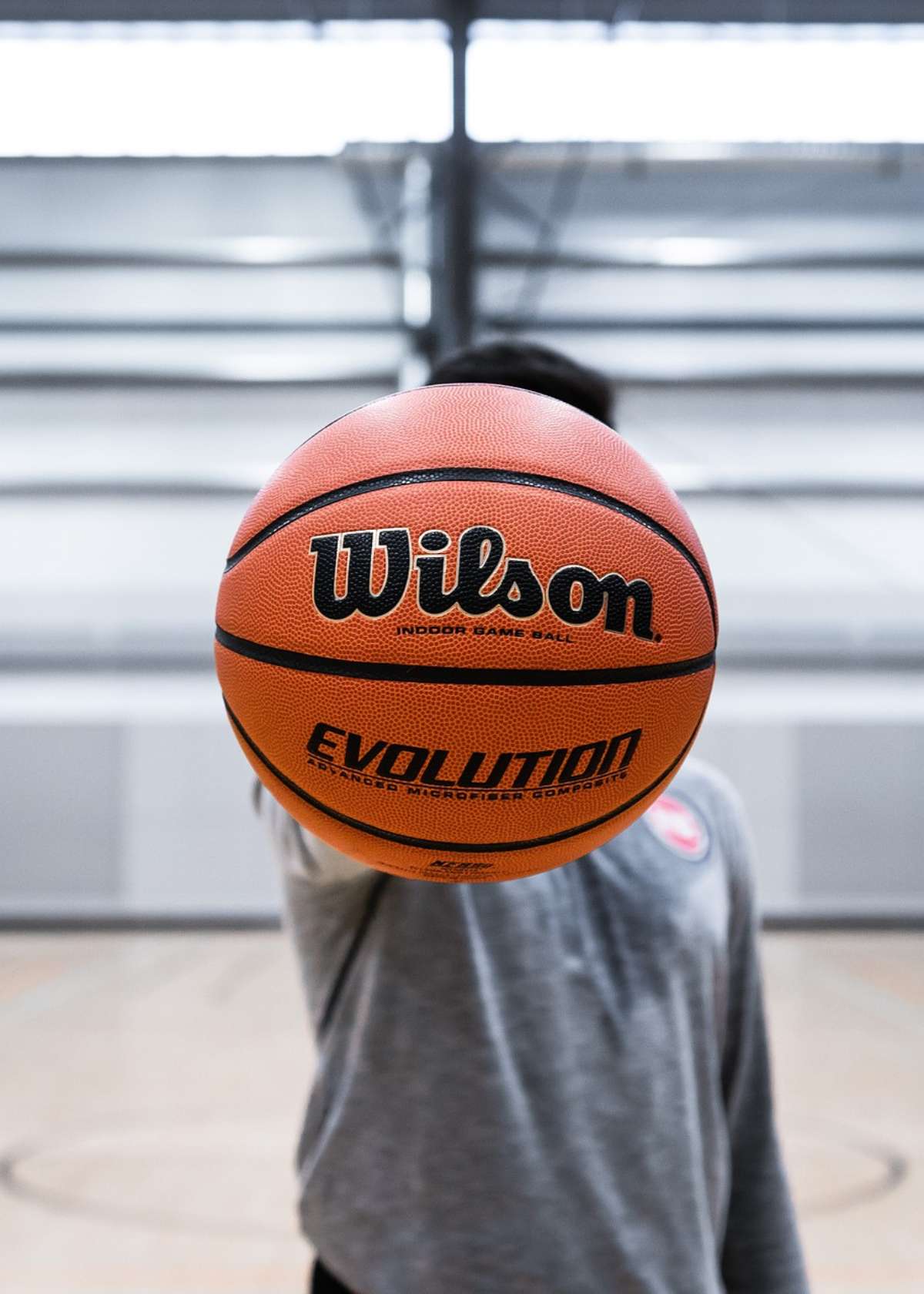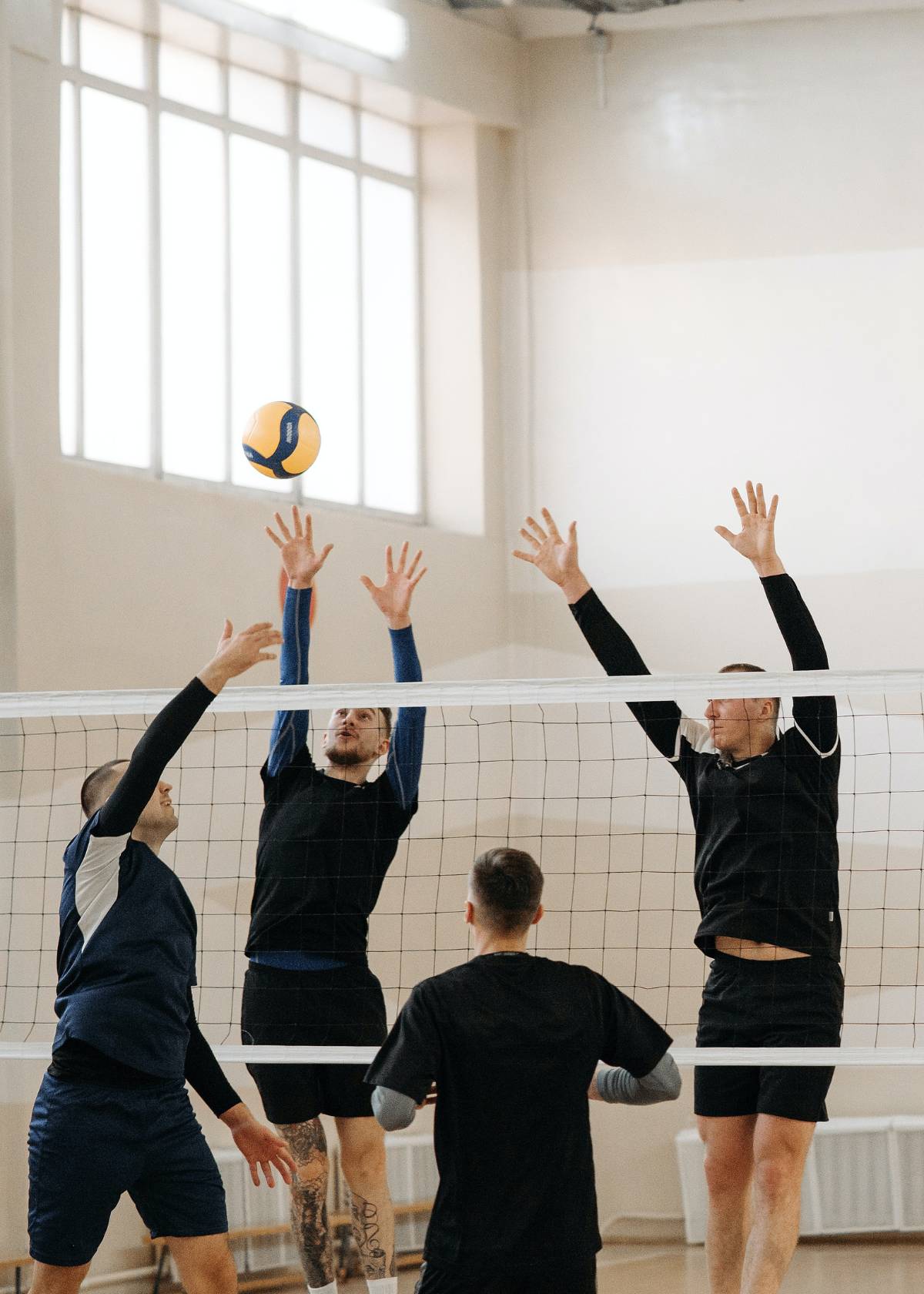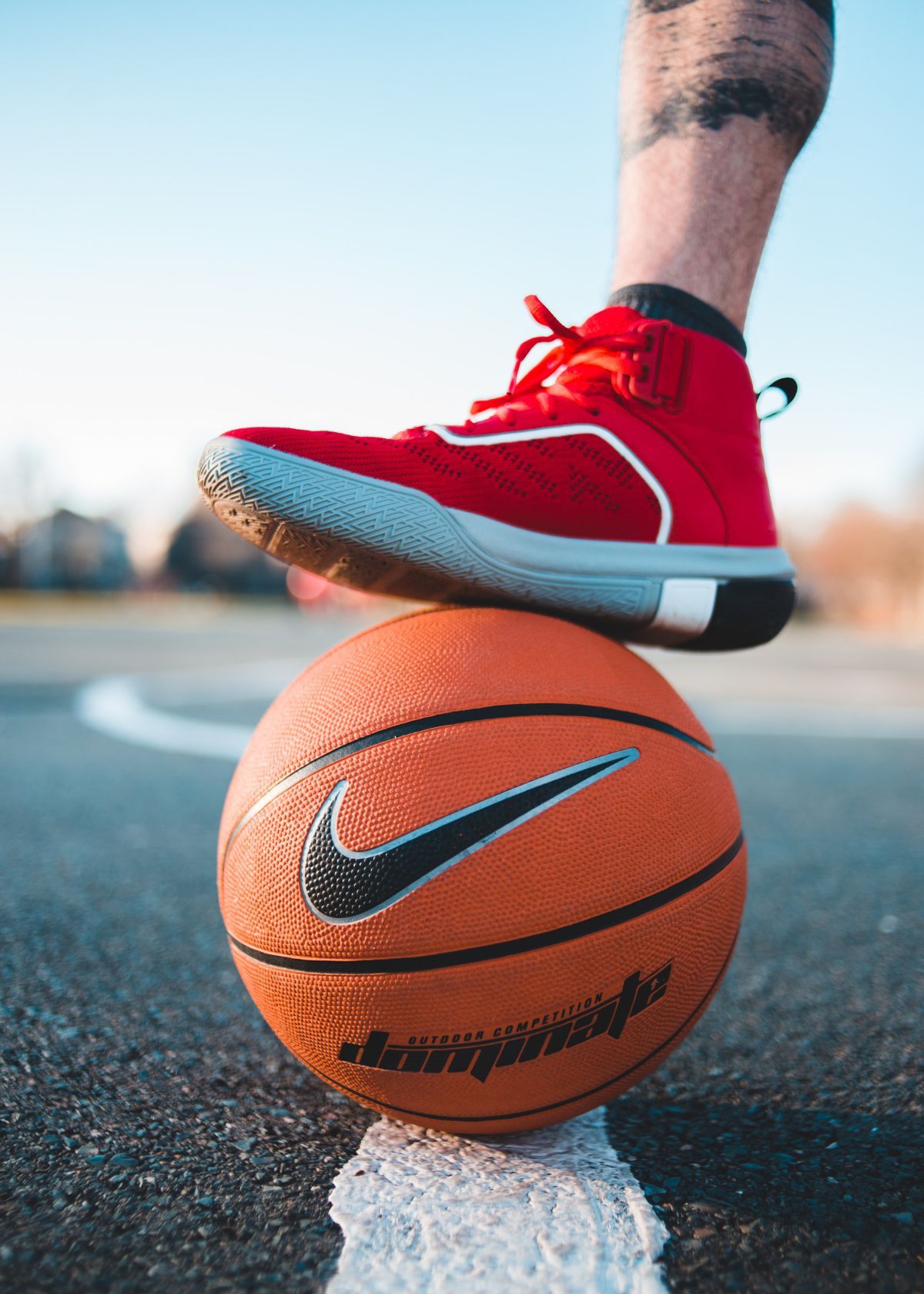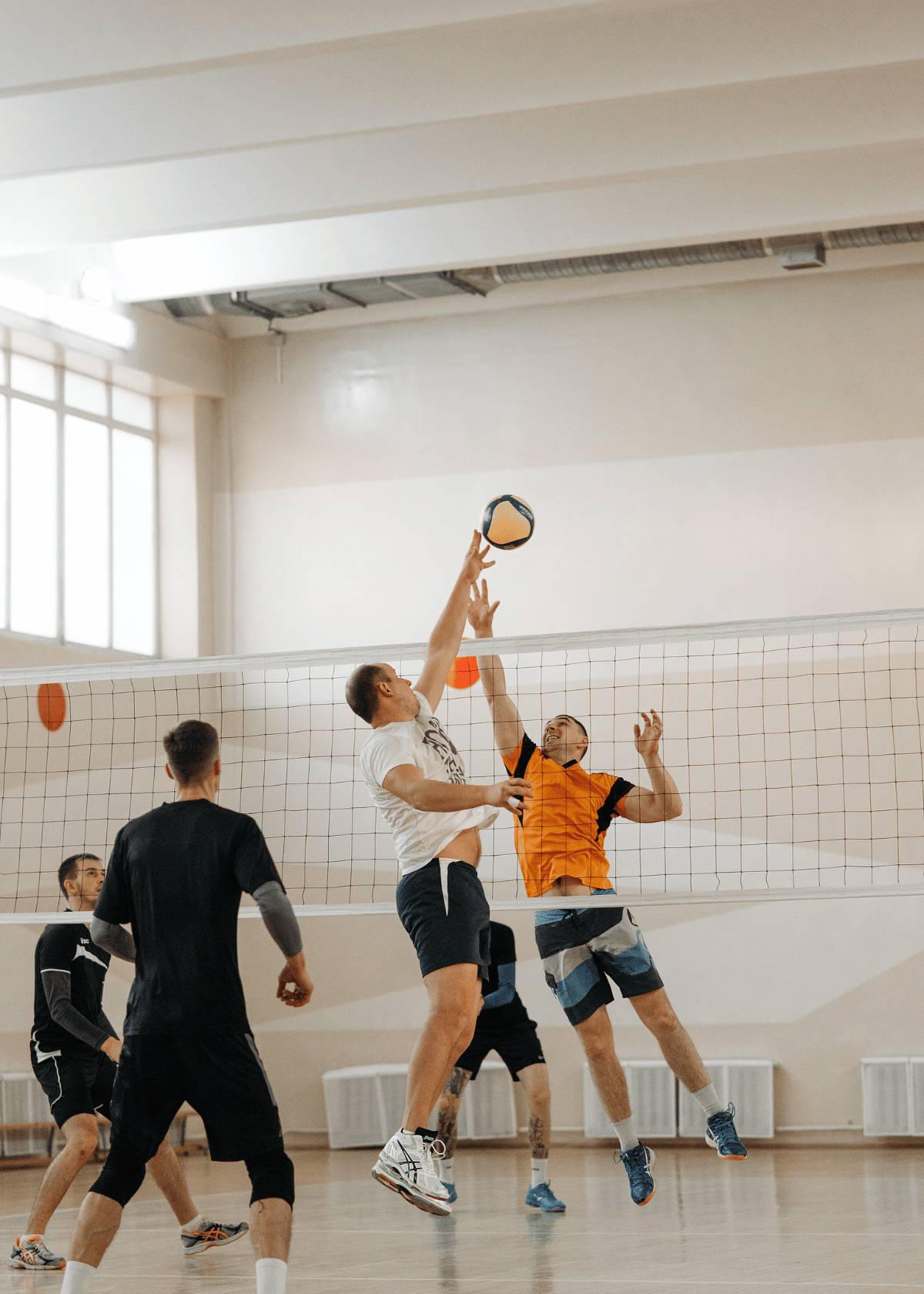As a basketball enthusiast, it might be tempting to grab your favorite pair of basketball shoes and head out for a run. But can you actually use basketball shoes for running? In this blog post, we will explore the pros and cons of using basketball shoes for running.
We will also discuss the design of basketball shoes, the support they offer, how their weight affects running, and the impact of shoe design on performance and injury risk.
Additionally, we will include personal experiences and expert opinions to help you make an informed decision when choosing shoes for running.
Can You Run in Basketball Shoes?
In short, yes, you can run in basketball shoes. However, basketball shoes are not designed for running and may not provide the proper support and cushioning needed for a comfortable and safe run. Running shoes are specifically designed with features that support and protect the feet during the high impact of running.
Understanding the Design of Basketball Shoes
Basketball shoes are specifically designed to provide support and stability for high-intensity lateral and vertical movements. They are heavier, with thicker soles and more cushioning, to absorb shock from jumping and landing. They are not typically designed for the forward motion and repetitive impact of running.
On the other hand, running shoes are designed for forward motion, with a thinner and more flexible sole, less cushioning, and a lightweight frame. The differences in design can greatly affect the performance and comfort of each pair of shoes.
The Pros of Using Basketball Shoes for Running
One potential advantage of using basketball shoes for running is the additional ankle support they offer. High-top basketball shoes may help prevent ankle injuries and provide extra stability for runners who may have weak ankles. Additionally, basketball shoes may offer a unique style and personal flair that running shoes may not.
The Cons of Using Basketball Shoes for Running
The disadvantages of using basketball shoes for running are numerous. Basketball shoes are often heavier than running shoes, causing fatigue and slowing the runner down.
The weight of basketball shoes can put extra strain on your feet and legs, which can lead to injuries such as shin splints and plantar fasciitis.
The soles of basketball shoes are not designed for forward motion and are often thicker and harder than running shoe soles, providing less cushioning. This lack of cushioning can lead to impact injuries and soreness over time.
Comparing the Support Offered by Basketball and Running Shoes
The support offered by basketball and running shoes differs greatly. Running shoes are specifically designed to support the feet during the repetitive motion of running.
They typically have a wider base and flatter sole than basketball shoes, providing more stability during forward motion. Running shoes also have special features such as arch support, cushioning, breathability, and shock absorption technology that basketball shoes may lack.
Basketball shoes often provide more support around the ankle and midfoot, which is important for the sudden directional changes that basketball players make. However, running shoes offer more support around the heel and forefoot, which is important for the repetitive motion of running.
So, while basketball shoes may offer sufficient support for quick sprints, running shoes are a better option for long-distance running.
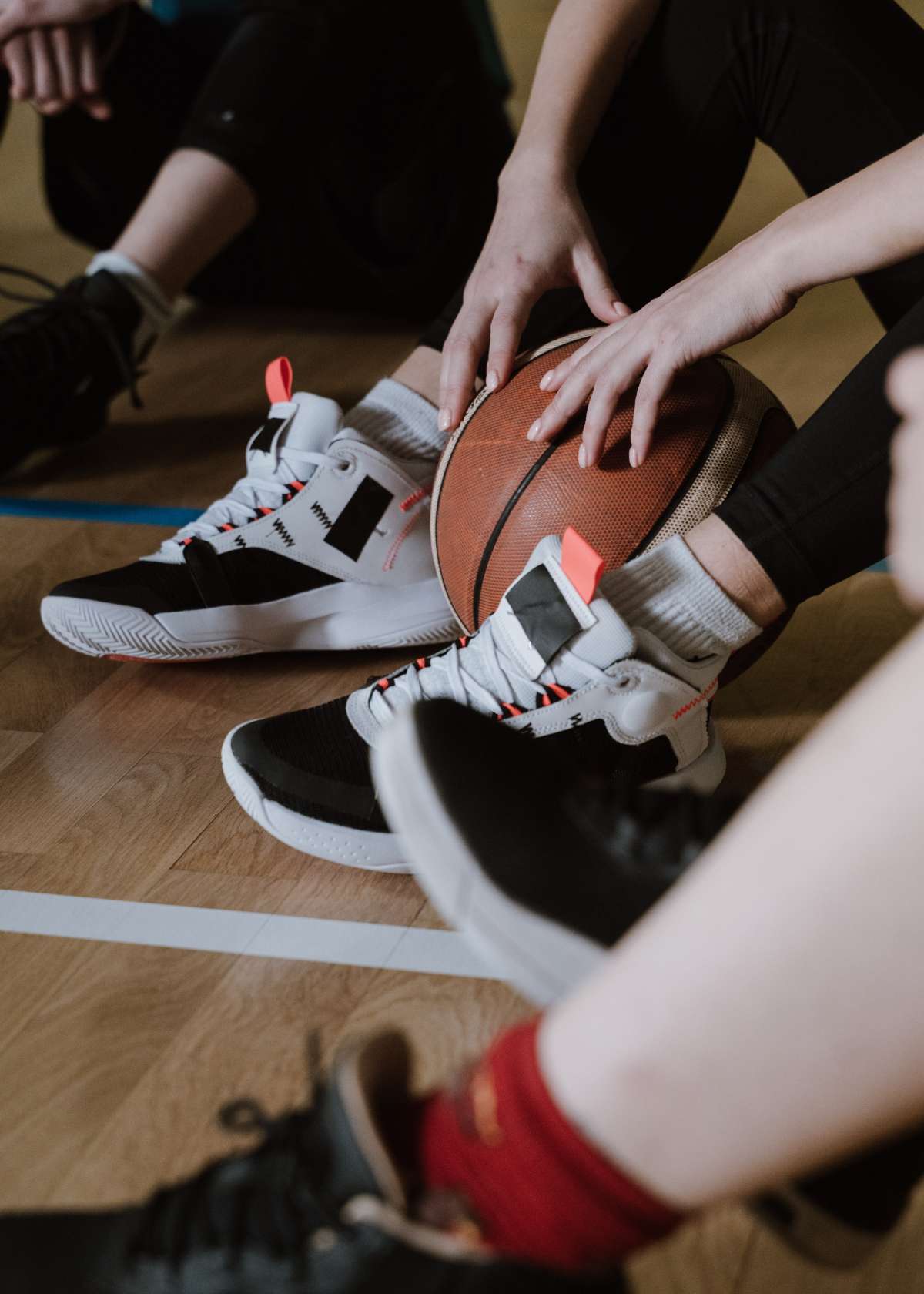
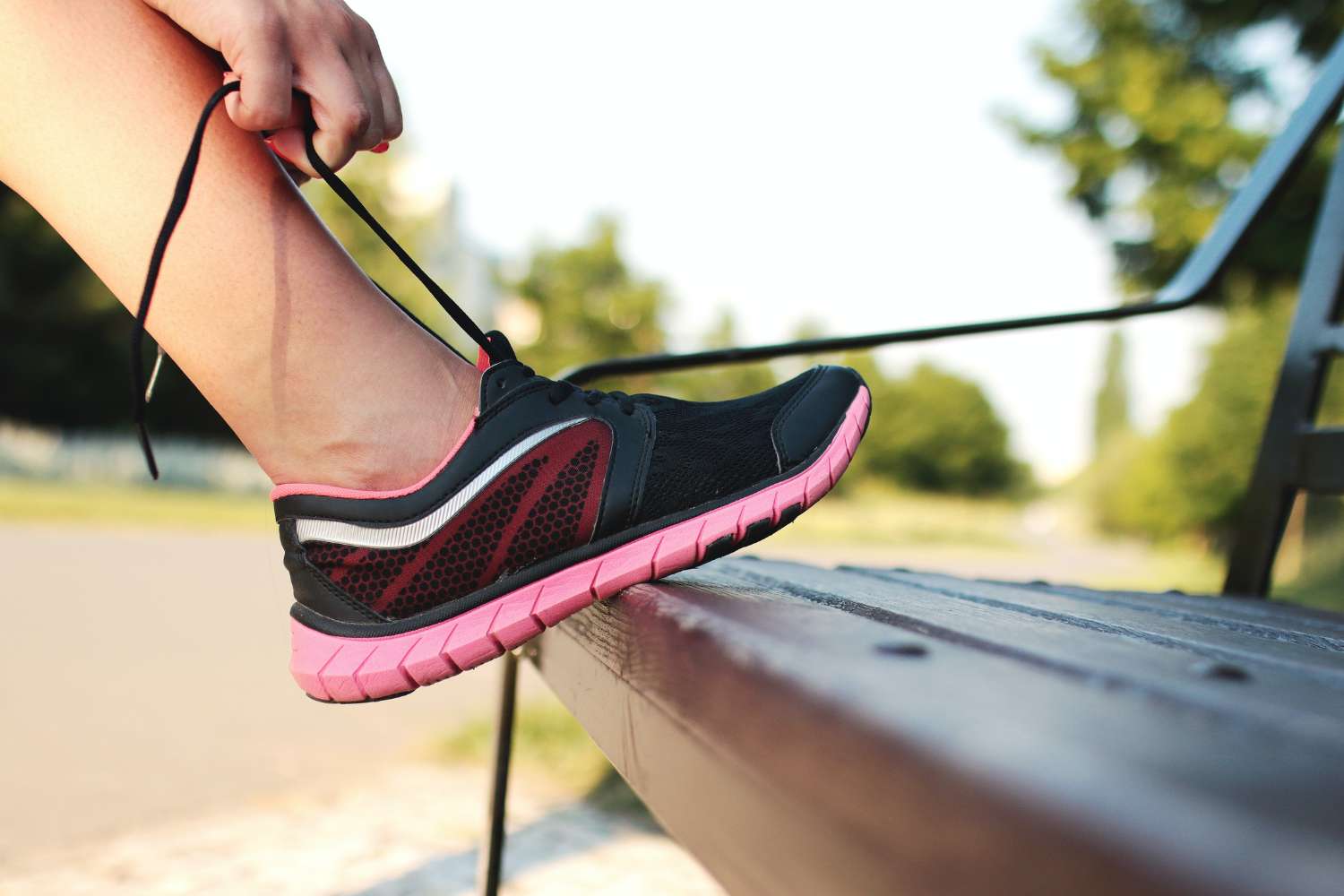
How the Weight of Basketball Shoes Affects Running
When running, every extra ounce of weight you carry on your feet increases the stress on your joints and decreases your efficiency. Basketball shoes are heavier than running shoes due to their thicker soles and additional features such as ankle support and traction.
Running shoes, on the other hand, are designed to be as light as possible to minimize weight and maximize the energy transfer from your legs to the ground. Therefore, using basketball shoes for running may slow you down and make your running routine less efficient.
The Impact of Shoe Design on Performance and Injury Risk
The design of a shoe can greatly impact performance and injury risk. Running shoes are designed to provide the necessary support and cushioning for running, which can reduce the risk of injury and improve performance.
Basketball shoes, while offering additional ankle support, may not provide the necessary support and cushioning needed for running, leading to increased injury risk and decreased performance.
Personal Experiences: Running in Basketball Shoes
I have personally tried running in basketball shoes, and I found them to be uncomfortable and heavy. While the ankle support was helpful, the extra weight and lack of flexibility were significant drawbacks. Additionally, I felt like I was sacrificing speed and agility for comfort and durability.
Some basketball enthusiasts may try running in their basketball shoes and experience no issues. However, it is important to consider the potential long-term effects on the feet, ankles, and knees.
It is recommended to choose shoes specifically designed for running to reduce the risk of injury and improve overall performance.
Expert Opinions: What Coaches and Trainers Say
Professional coaches and trainers generally advise against using basketball shoes for running. Running shoes are specifically designed for the high impact of running and provide the necessary support and cushioning to reduce the risk of injury.
Basketball shoes are designed for lateral movement, jumping, and sudden direction changes, and may not provide adequate support for the forward motion of running.
For long-distance running, it is best to choose a lightweight, flexible pair of running shoes with plenty of cushioning and support.
Making the Choice: Factors to Consider When Choosing Shoes for Running
When choosing shoes for running, factors to consider include the level of support and cushioning needed, the weight of the shoe, the design, and the long-term effects on the feet, ankles, and knees.
It is important to choose running shoes specifically designed for running and to avoid using shoes designed for other sports or activities.
Always consider the specific needs of your foot and activity when choosing shoes for running or any other physical activity.
Conclusion:
Choosing the right shoe can make all the difference in your running performance and overall foot health. While it is possible to run in basketball shoes, it is not recommended due to their design and lack of necessary features for running.
Running shoes are specifically designed to provide the necessary support, cushioning, and technology to reduce the risk of injury and improve performance.
When choosing shoes for running, it is important to consider factors such as support, weight, design, and long-term effects on the body. Always choose shoes specifically designed for running and avoid using shoes designed for other sports or activities.
Thanks for reading, and remember to prioritize your foot and overall health when choosing your footwear!
If you're looking for new basketball shoes, check out our top picks! We've done the groundwork for you to ensure you get the best products available.
Discover our wide range of basketball and sports & fitness blog posts!
